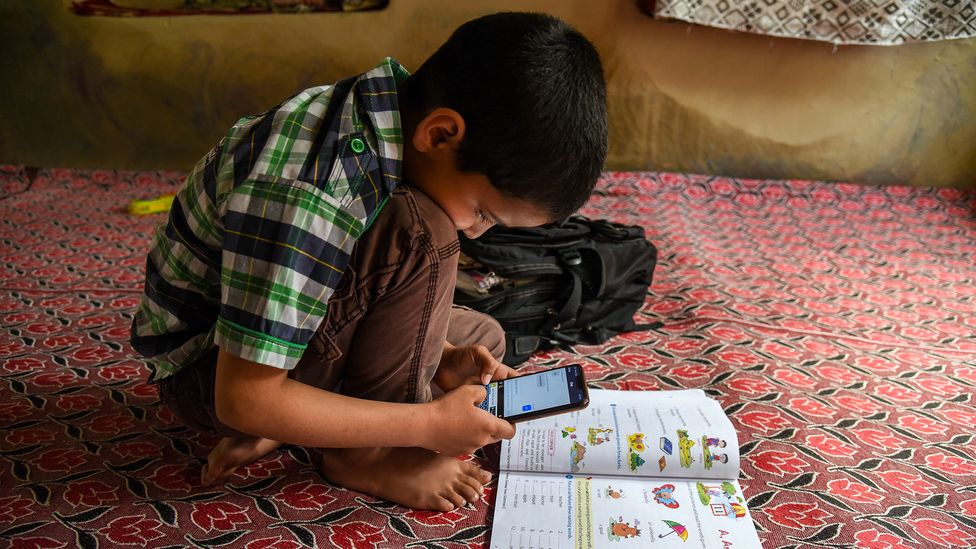Unesco has recommended the prohibition of smartphones in schools to combat classroom disruptions, enhance learning, and protect children from cyberbullying.
The UN’s education, science, and culture agency, Unesco, highlighted that evidence supports a correlation between excessive mobile phone use and reduced educational performance, and it also found that extended screen time negatively affects children’s emotional stability.
The request for a smartphone ban relays a message, underlining the importance of prioritising a ‘human-centred vision’ of education above digital technology and artificial intelligence.
The intention is to uphold the value of in-person teacher-student interactions throughout the learning journey.
Unesco advised policymakers to approach digital technology adoption with thoughtfulness, cautioning that the claimed positive impact on learning outcomes and economic efficiency could be overstated, and the notion of ‘newer is better’ may not always hold true. ‘Not all change constitutes progress. Just because something can be done does not mean it should be done,’ it concluded.
Read also: 98m Children Still Out Of School In Sub-Sahara Africa —UNESCO
As online learning gains prominence, especially in universities, Unesco urged policymakers not to overlook the ‘social dimension’ of education, which encompasses face-to-face teaching and interaction between students and educators. ‘Those urging increasing individualisation may be missing the point of what education is about,’ it said.
‘The digital revolution holds immeasurable potential but, just as warnings have been voiced for how it should be regulated in society, similar attention must be paid to the way it is used in education,’ Said Audrey Azoulay, Unesco’s director general.
She added: ‘Its use must be for enhanced learning experiences and for the wellbeing of students and teachers, not to their detriment. Keep the needs of the learner first and support teachers. Online connections are no substitute for human interaction.’
In the report, Unesco stressed the importance of countries formulating definitive objectives and principles for leveraging digital technology in education effectively.
This involves ensuring the well-being of individual students and protecting democratic values and human rights, which entails addressing concerns like privacy infringement and the proliferation of online hatred.

